The Ministry of Culture, Sports and Tourism has issued Decision No. 2192/QD-BVHTTDL on recognizing the "New Year's Thunder Ceremony of the O Du ethnic group in Nga My commune, Nghe An" as a national intangible cultural heritage, belonging to the category of social customs and beliefs.
The first thunder ceremony of the year has existed for nearly 100 years. It is a large and important festival with many rituals imbued with unique cultural nuances and characteristics of the O Du ethnic group.
With this recognition, Nghe An now has 14 national intangible cultural heritages.
As one of the very few people still able to use the O Du language in Vang Mon village (Nga My commune, Nghe An), village elder Lo Van Cuong said that in the minds of the O Du people, when there is thunder, that is the time to enter the new year.
The O Du people hold a thunder welcoming ceremony to pray for peace in the village, favorable weather, bountiful harvests, and good health for everyone. The first thunder welcoming ceremony of the year is held by the villagers in the center of the village, attracting many people to participate and lasting from 2 to 3 days.
Mr. Lo Van Hung, O Du ethnic group, Vang Mon village, Nga My commune shared: Early in the morning after the thunder, when the village shaman (shaman) beats the gong to announce that the village will organize to welcome the thunder, the villagers quickly bring daily necessities and chicken eggs to Nam Ngan stream behind the village to clean, wash, scrub clean and wash their faces, hands and feet, and hair to wash away, shake off the bad luck and sadness of the old year.
The chicken eggs were washed with cool water to wish for growth, prosperity, and favorable weather. Everyone went to the stream to visit and wish each other good things, luck, and good health to do a lot of farming. Everyone felt happy, excited, and believed that the new year would bring them good luck.
After the ritual of washing away the bad luck of the old year at the sacred Nam Ngan stream, the villagers will return to the location to perform the rituals of praying for good luck on the first day of the new year. The village worship is the first ritual in the New Year's Thunder Festival of the O Du ethnic group.
The shaman, as the master of ceremonies, will read prayers to inform and ask permission from the local gods, stream gods, and forest gods to allow people to hold ceremonies and have fun in the area. After the ceremony, everyone will enjoy the blessings, drink rice wine, and wish each other good luck.
After the village worship ceremony, there is a ritual to worship the Thunder God and to make offerings to the villagers. Shaman Lo Van Cuong said that the offerings from the villagers are all traditional dishes from ancient times, passed down through many generations of the O Du ethnic group, displayed on two trays woven from rattan, bamboo and lined with wild banana leaves to show the villagers' sincerity to their ancestors and the Thunder God.
The offerings include boiled pig's head, grilled stream fish, boiled meats, purple sticky rice, white wine in bamboo tubes, moss, green bananas, fish sausage, taro leaves, bamboo shoot soup, boiled chicken, sticky rice, fish mooc... These dishes were all contributed by the villagers for the offering.
During the ceremony to worship the thunder god and ancestors, the shaman performs prayers to pray for the thunder god and ancestors to enjoy the offerings and to bless the village with peace, prosperity, favorable weather, lush nature, solidarity, good health, and success in all matters.
At the same time, the ceremony also aims to express gratitude to the ancestors who have contributed to the establishment and construction of the village. After the ceremony, the shaman will perform the ritual of making the spirit, naming and tying black threads around everyone's wrists with the meaning of praying for good health.
After completing the ceremonies to welcome the first thunder of the year, the O Du community entered the festival by organizing folk games, dancing, singing, beating gongs, jumping on bamboo poles... in a space of solidarity, joy, harmony, and vibrant sounds echoing throughout the mountains, forests, and villages.
After the Thunder God worshiping ceremony, the shaman, village elder, village chief and prestigious people raised their first glasses of wine to wish the village all the best in the new year. (Photo: Xuan Tien/VNA)
Shaman Lo Van Cuong, Vang Mon village, Nga My commune, Nghe An province said that in the past, when the O Du people still lived isolated in the forest, because there was no calendar, the ancestors of the O Du people did not know when the new year would come.
Therefore, they take the thunder as a sign to start the new year. On this occasion, the villagers hold a ceremony to welcome the first thunder of the year, children, siblings, relatives, and clans working far away from home all return to remember their roots.
Currently, the O Du ethnic group is one of the five smallest ethnic groups in the country, living mainly in Vang Mon village, Nga My commune (Nghe An) with more than 100 households and nearly 350 people.
In recent years, with the attention of the State and authorities at all levels, the cultural life, spirit and cultural institutions of the O Du ethnic group have been clearly improved.
In particular, the O Du people are always aware of preserving and promoting the values of cultural identity, characteristics of cultural customs and beliefs of the ethnic community.
To date, Nghe An has 14 national intangible cultural heritages. Among them, Nghe Tinh Vi and Giam folk songs (listed by the Ministry of Culture, Sports and Tourism as a national intangible cultural heritage in 2012) were recognized by UNESCO as a representative intangible cultural heritage of humanity in November 2014.
These heritages all have special historical, humanistic and artistic values, contributing to enriching the traditional cultural treasure of Nghe An, while affirming the regional cultural identity in the diverse picture of Vietnamese culture.
The heritages will create conditions for localities to preserve and promote the unique cultural values of local ethnic groups in association with sustainable tourism development./.
(Vietnam+)
Source: https://www.vietnamplus.vn/giu-gin-le-hoi-doc-dao-gan-100-nam-cua-cong-dong-dan-toc-o-du-o-nghe-an-post1048226.vnp



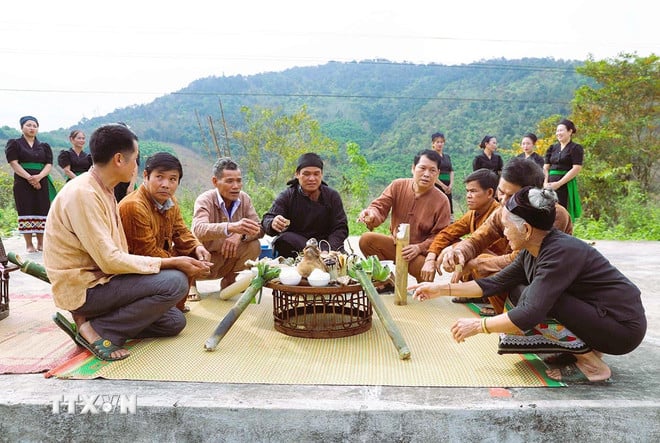
![[Photo] Prime Minister Pham Minh Chinh chairs the conference to review the 2024-2025 school year and deploy tasks for the 2025-2026 school year.](https://vphoto.vietnam.vn/thumb/1200x675/vietnam/resource/IMAGE/2025/8/22/2ca5ed79ce6a46a1ac7706a42cefafae)
![[Photo] President Luong Cuong attends special political-artistic television show "Golden Opportunity"](https://vphoto.vietnam.vn/thumb/1200x675/vietnam/resource/IMAGE/2025/8/22/44ca13c28fa7476796f9aa3618ff74c4)

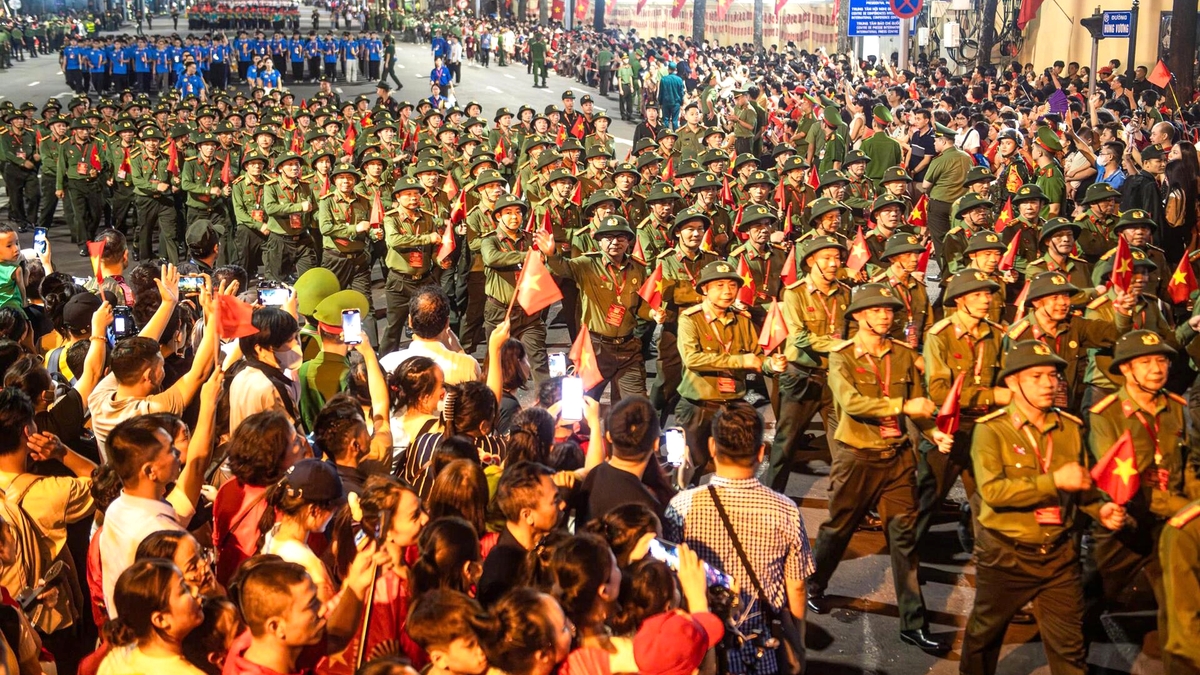
![[Photo] President Luong Cuong receives delegation of the Youth Committee of the Liberal Democratic Party of Japan](https://vphoto.vietnam.vn/thumb/1200x675/vietnam/resource/IMAGE/2025/8/22/2632d7f5cf4f4a8e90ce5f5e1989194a)

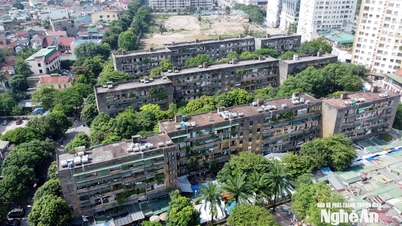



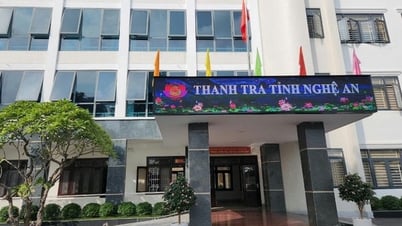



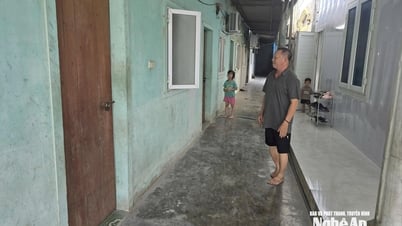













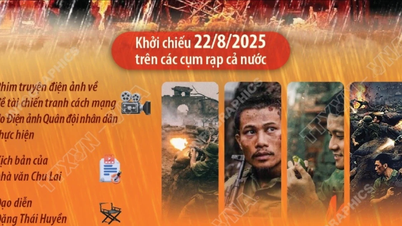
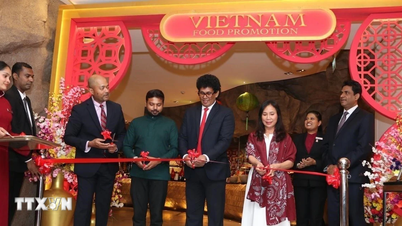
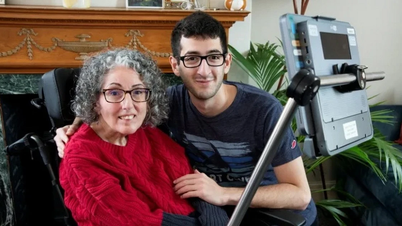

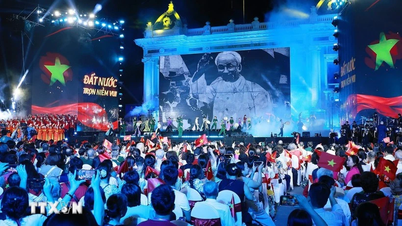
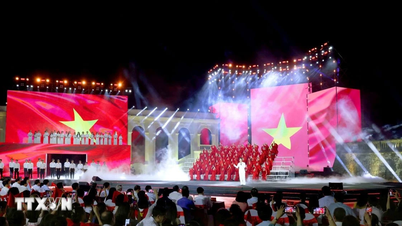
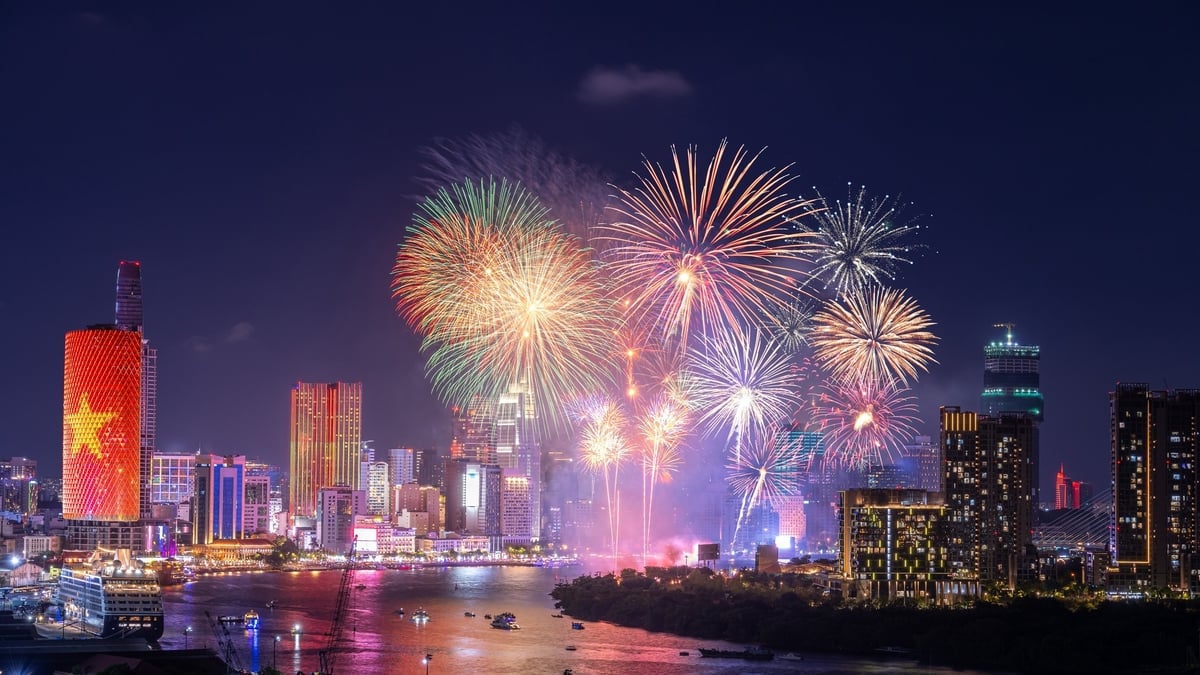























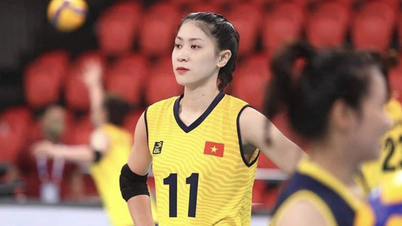








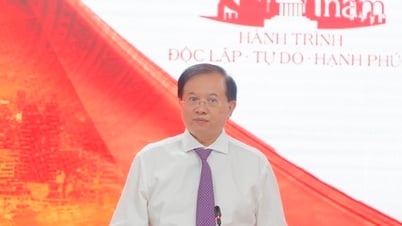
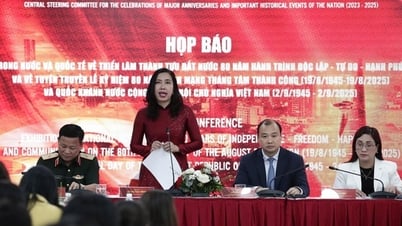
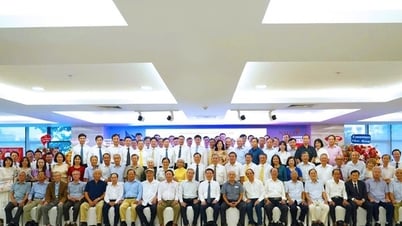

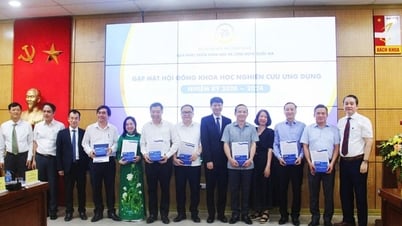

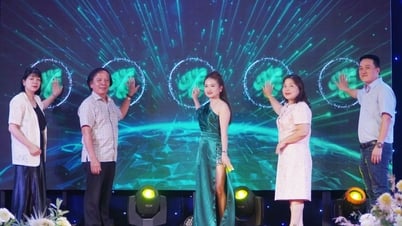

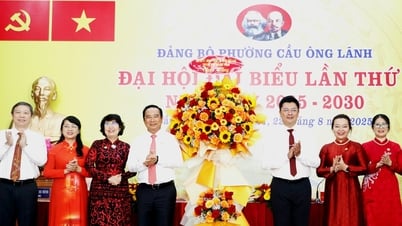


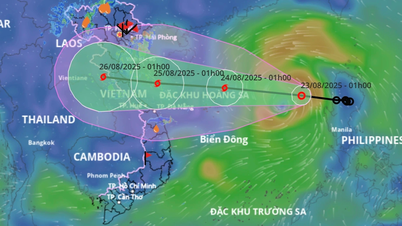


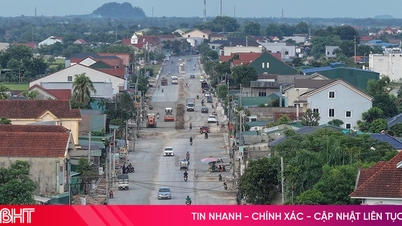












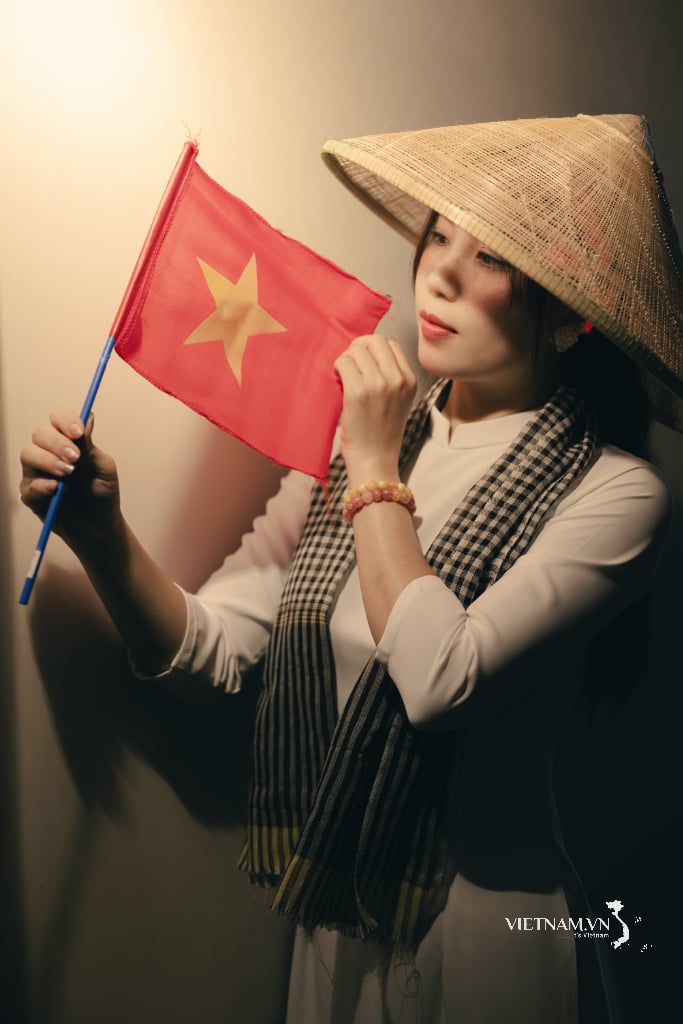
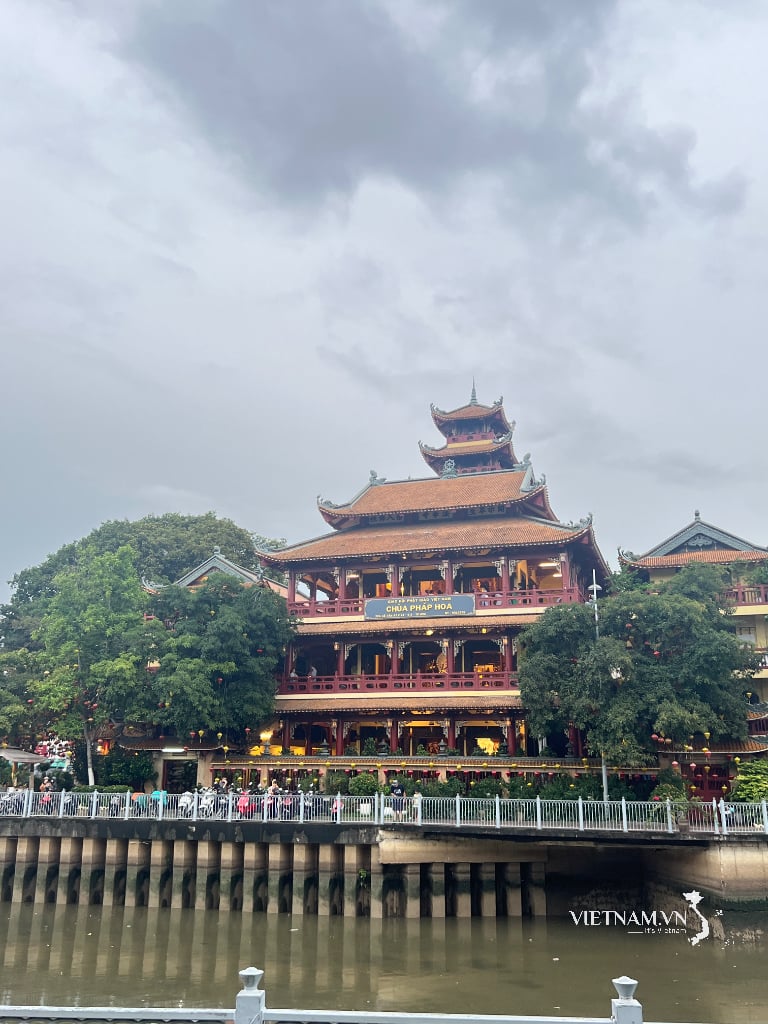

Comment (0)